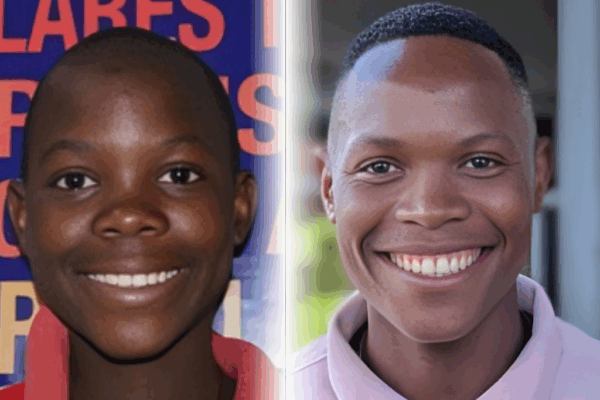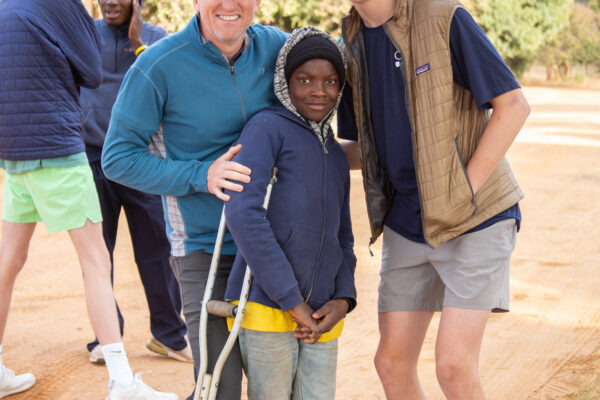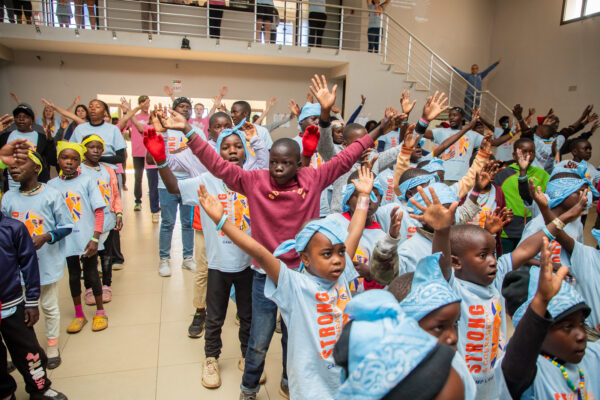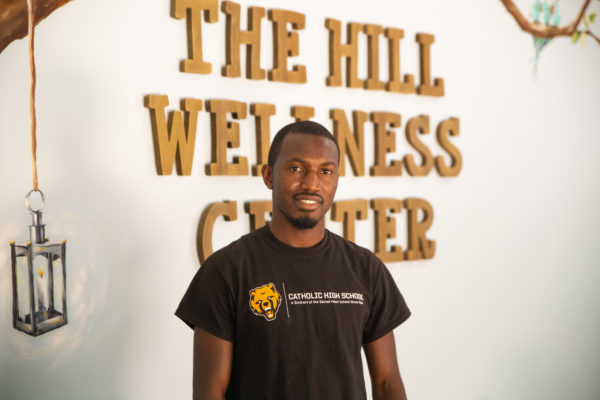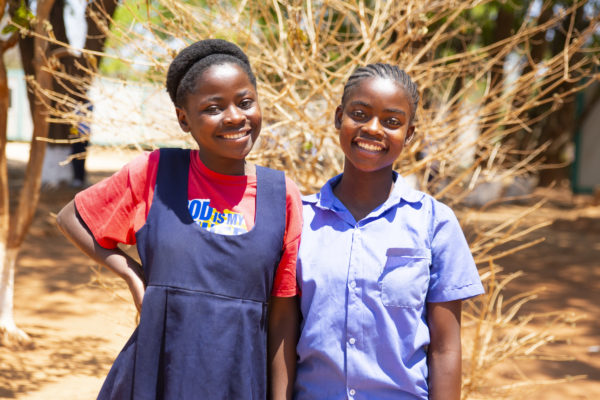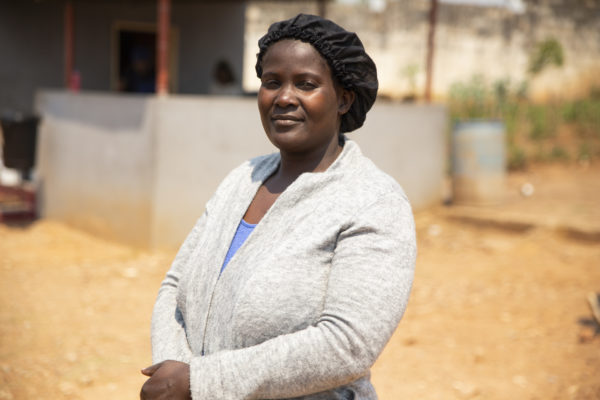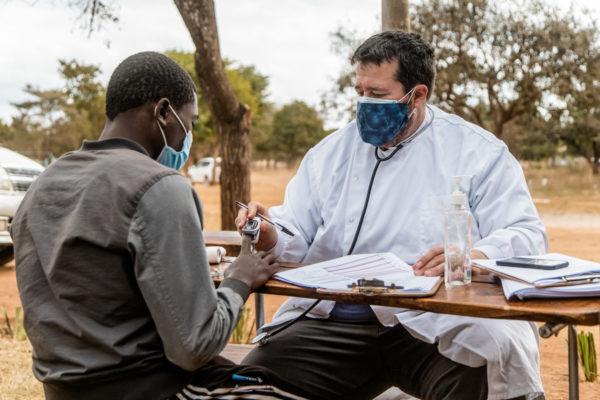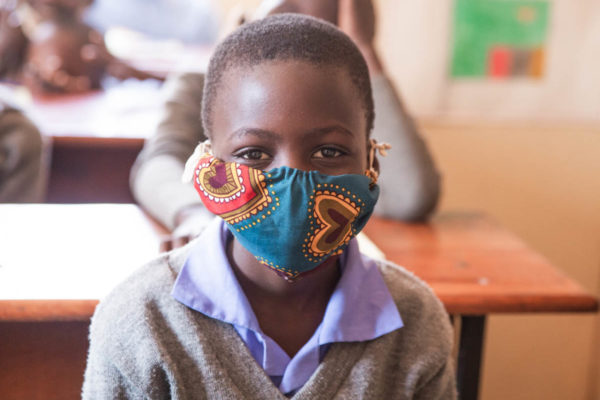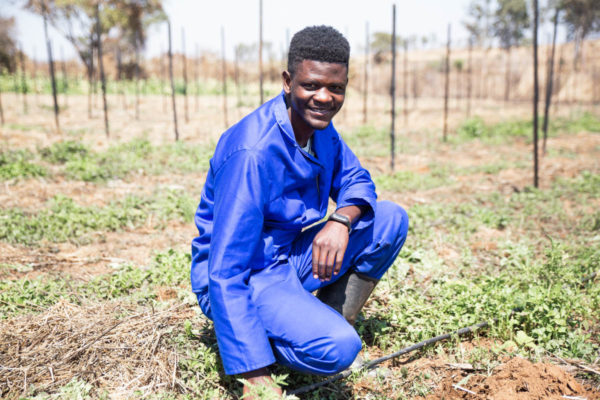The terms orphaned and vulnerable are widely used in global child protection work, but what do they really mean—and why do they matter?
What Does “Orphaned” Mean?
An orphan is defined as a child (under age 18) who has lost one or both parents.
- A single orphan has lost one parent.
- A double orphan has lost both parents.
This definition is important because losing a parent often means losing financial support, emotional stability, and protection—factors that shape a child’s future.
What Does “Vulnerable” Mean?
A vulnerable child is one who faces circumstances that put his or her well-being at risk, such as:
 Extreme poverty
Extreme poverty- Disability or chronic illness
- Exposure to abuse, neglect, or exploitation
- Lack of access to education or health care
Vulnerability isn’t always visible. It can stem from social, economic, or environmental factors that limit a child’s opportunities and safety.
Why These Terms Matter
Children who are orphaned or vulnerable often experience:
- Interrupted schooling
- Emotional trauma and stress
- Higher risk of exploitation or child labor
- Limited access to health and nutrition
Understanding these categories helps us design programs that protect children, strengthen families, and provide the support every child deserves.
Our Response
We believe the greatest gift we can give a child—after meeting basic needs—is education. Education resets a child’s view of the world and opens doors to opportunity. Learn more about our approach in light of these children’s need.
And when we introduce them to the everlasting love of God, they begin to see beyond their circumstances and into their true purpose: eternity.
Every child deserves safety, love, and opportunity—regardless of their circumstances. Together, we can make that a reality.
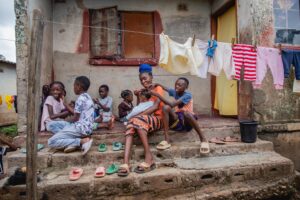 Extreme poverty
Extreme poverty